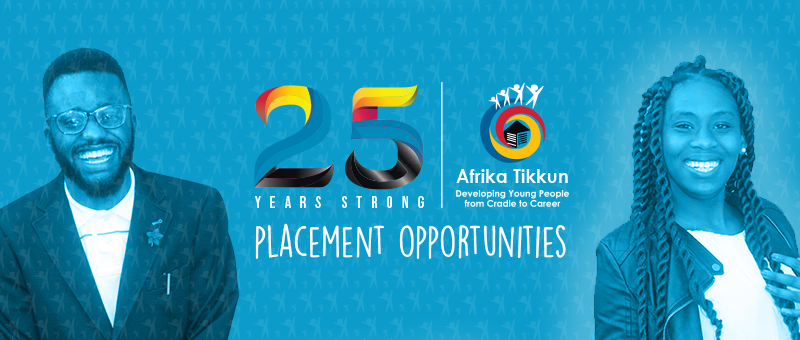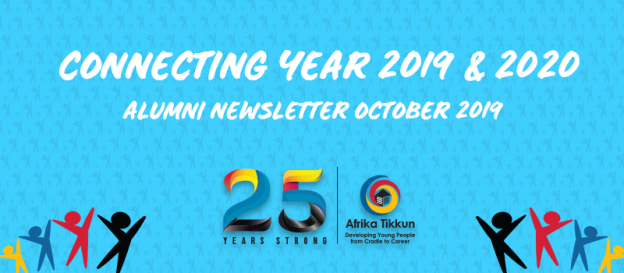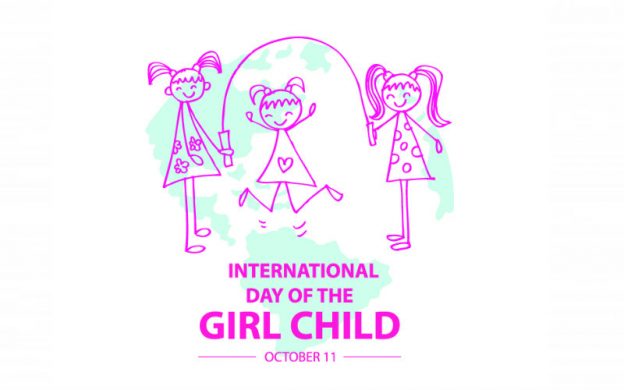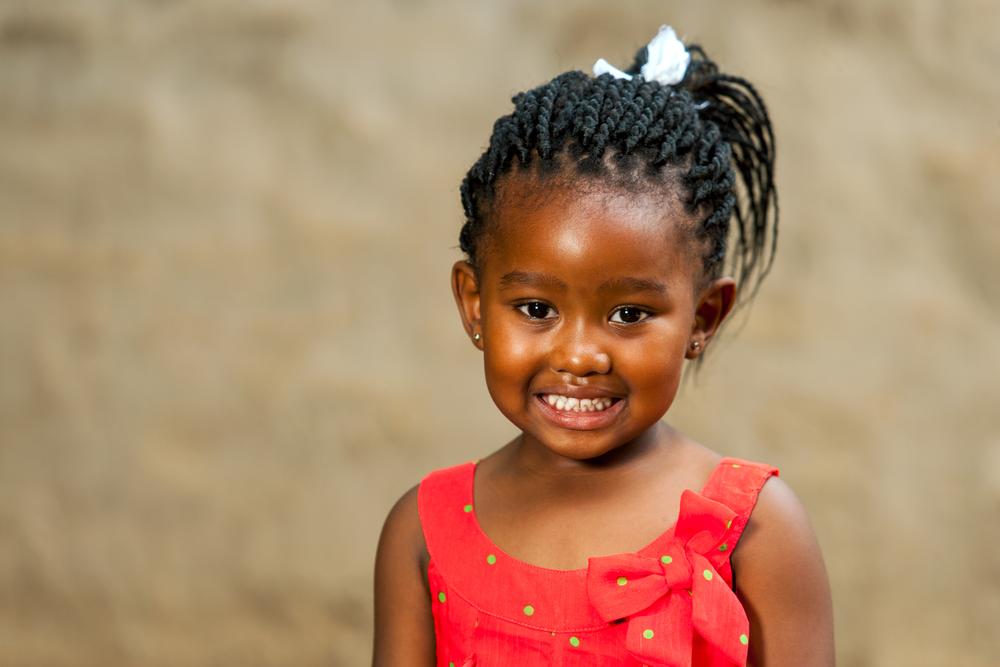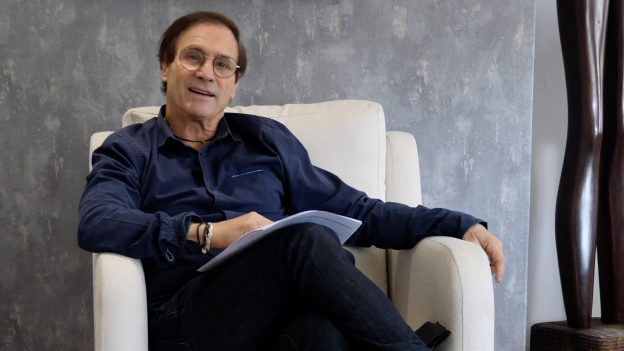– Marc Lubner, CEO Afrika Tikkun
The 2nd of October marks the International Day of Non-Violence. The occasion is intended to share the message of non-violence through education and public awareness, thereby encouraging a culture of peace, tolerance and understanding.
Fairly recently, South Africa experienced a harrowing week of events that sent shockwaves around the country, shaking the core of men and women far and wide. Taking a stand against gender-based violence and crimes against children, surely the question on everyone’s lips right now is, ‘where has our humanity gone’? and furthermore, what are we teaching the future generation with such extreme violence?
The horrific stories of violence and brutality perpetrated against women and children has left the nation trembling and brings to light just how little is being done to safeguard them. In August this year, the first draft of the National Gender-Based Violence and Femicide Strategic Plan was released for public comment, nine months after the National Summit on GBV and Femicide was convened. We understand that strategic and sustainable change takes time. However, women and children continue to be victims of violence while plans are formulated, reviewed, revised and re-formulated, too often becoming dust collectors while waiting to be implemented.
We adopted the constitution in 1996 and 23 years later, we still aren’t protecting the rights of children adequately as per Section 28. Migrant children, some who have already experienced trauma in the own home countries, continue to be denied the same freedoms and benefits as South African minors due to funding and red tape.
Another spate of recent xenophobic attacks drew global condemnation, with individuals and governments from our neighbouring African nations so upset by the actions of our people that they began boycotting the country. This, despite the launch of the National Action Plan to combat Racism, Racial Discrimination, Xenophobia and Related Intolerance in March 2019. Again, surely this framework had its roots in the excessively violent attacks that gripped the country in 2008. Why was it over ten years in the making?
The Global Peace Index 2018 ranked South Africa 125th of 163 countries in terms of their peacefulness, below Zimbabwe and Kenya. In 2019, we ranked 127, dropping two spots in only twelve months. This same 2019 Index reported the economic cost of violence to the country to be 13% of our overall GDP. In our current financial climate and with South Africa already moving towards junk status on international credit rating reports, can we afford to be acting so slowly?
The horrific stories of violence and brutality perpetrated against women and children has left the nation trembling and brings to light just how little is being done to safeguard them. In August this year, the first draft of the National Gender-Based Violence and Femicide Strategic Plan was released for public comment, nine months after the National Summit on GBV and Femicide was convened. We understand that strategic and sustainable change takes time. However, women and children continue to be victims of violence while plans are formulated, reviewed, revised and re-formulated, too often becoming dust collectors while waiting to be implemented.
We adopted the constitution in 1996 and 23 years later, we still aren’t protecting the rights of children adequately as per Section 28. Migrant children, some who have already experienced trauma in the own home countries, continue to be denied the same freedoms and benefits as South African minors due to funding and red tape.
Another spate of recent xenophobic attacks drew global condemnation, with individuals and governments from our neighbouring African nations so upset by the actions of our people that they began boycotting the country. This, despite the launch of the National Action Plan to combat Racism, Racial Discrimination, Xenophobia and Related Intolerance in March 2019. Again, surely this framework had its roots in the excessively violent attacks that gripped the country in 2008. Why was it over ten years in the making?
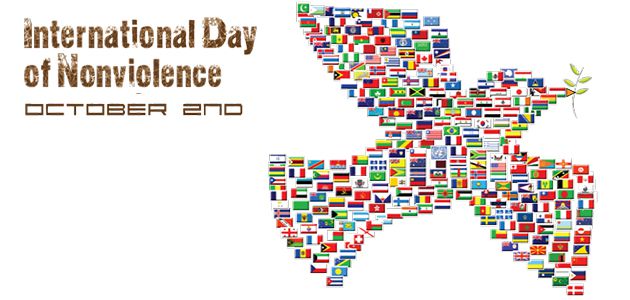
We mark occasions such as the International Day of Non-Violence and Child Protection Week annually, which increases awareness of the problem. However, awareness alone cannot create change; action creates change. With this kind of behaviour rife in the country, should we not be highlighting and actioning the intentions of these short-lived marked occurrences 365 days of the year?
So, the next big question is, ‘what are we to do’?
Formally, multi-sectoral conversations that bring together men, women, young people, civil society organisations, development partners, private sector, academia and government bodies on a solution to violence in the country, need to continue. These should not be limited to physical spaces but within the media and on virtual platforms. Bringing young boys and men into these conversations is a critical element in the fight against gender-based violence in particular.
Informally, teaching the children of today that violence is not the answer and that to speak out and stand against it improves the outlook of a peaceful future, is essential. Research shows that children who are exposed to violence are more likely to suffer from being numb to future violent experiences or becoming violent themselves.
The saying, ‘prevention is better than cure’, is timeless and can be applied to almost every situation, including violence prevention. Prevention must begin at home. If you are aggressive in any way, you need to break the cycle and take responsibility for your actions. Set an example, show children how to change their behaviour and teach them about personal accountability by letting them know their responsibilities.
Young people are at the centre of Afrika Tikkuns being. Section 28 of the constitution is entrenched in our organisation’s mission and culture. With a focus on children, we see many abused and struggling mothers. Working in townships, we interact with African foreign nationals daily. We see how violence is affecting the young people in Afrika Tikkun’s Cradle to Career 360° programme. In every single encounter we strive to live up to the ‘do no harm principle’ and to breathe ‘responsible kindness’. Our central goal is to create a sustainable future for the youth of South Africa, part of which is providing safety and love to the young people in our care, educating them on personal responsibility and alternatives to violent behaviours as well as equipping them with coping mechanisms.
We have proven within our own ecosystem, that it is possible to reduce violent crime significantly and to improve children’s sense of safety. If we can do it in our small world, why can’t our model be emulated nationally?
Before it’s too late, we need to begin the process of establishing constructive individual thought and behaviour patterns for ourselves and the youth of today, the leaders of tomorrow. This crisis is in need of both a prevention and cure. It must be a priority for everyone in South Africa.
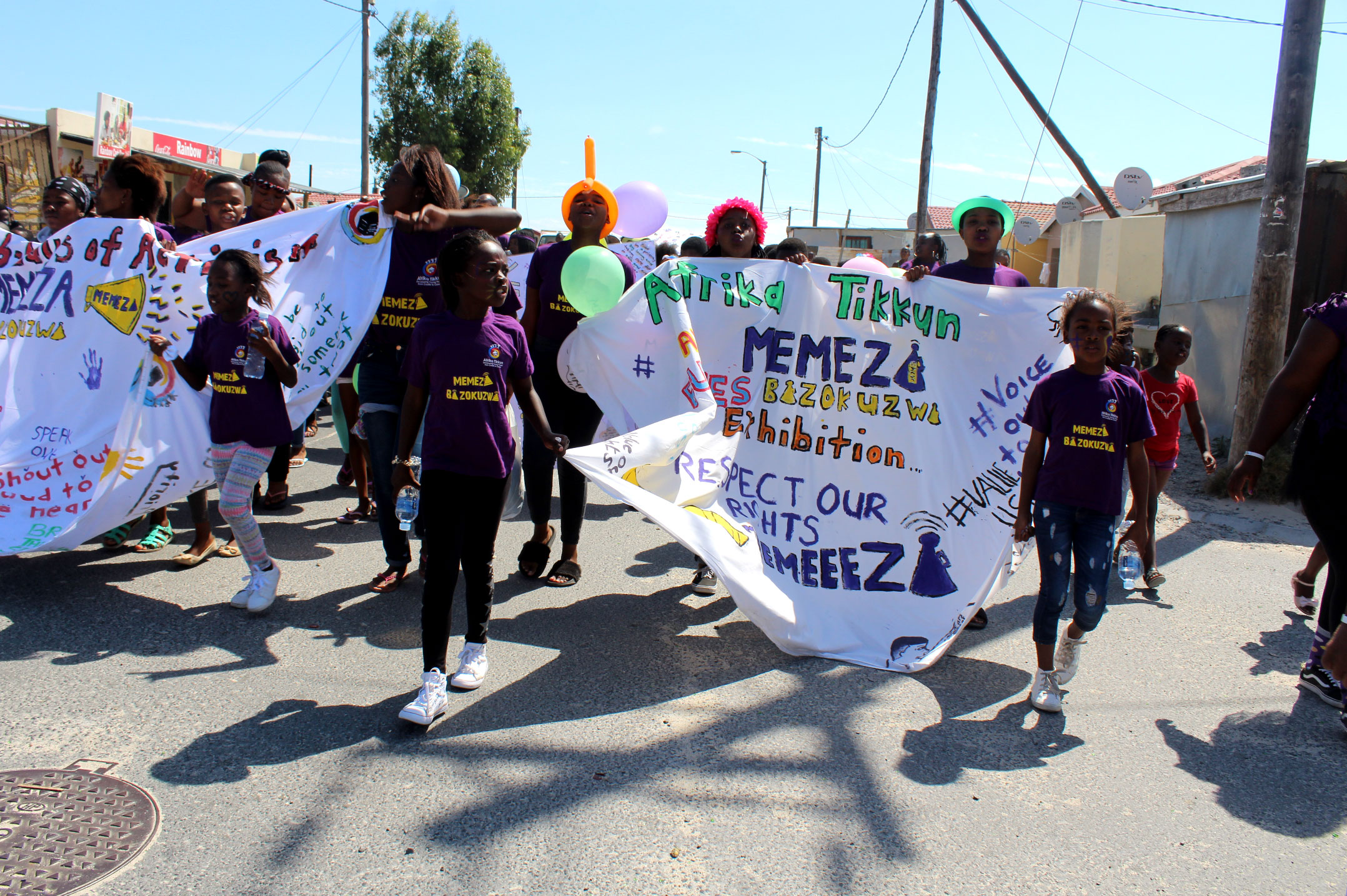

Facebook
Twitter
Linkedin
Instagram
Youtube
